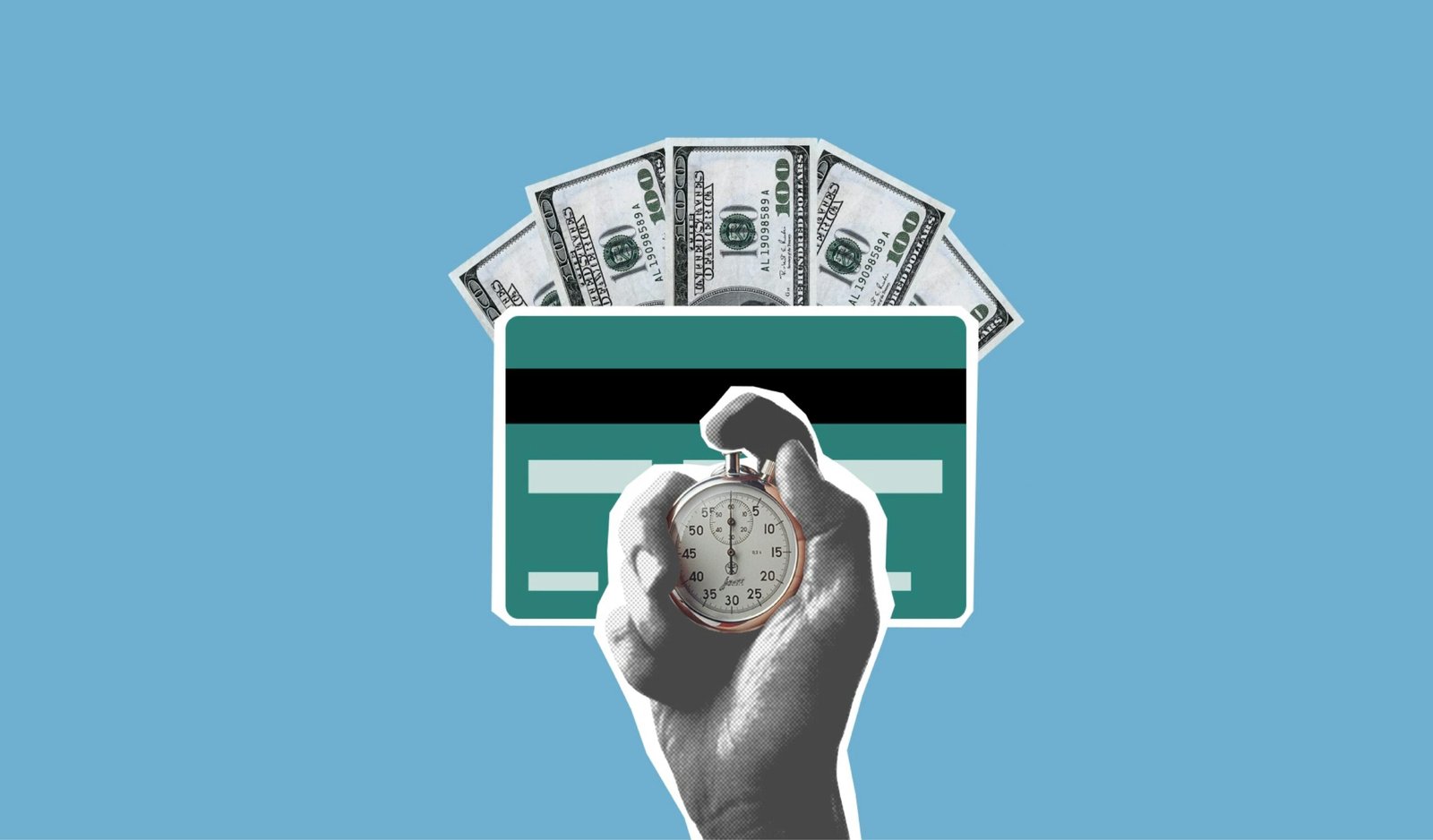Managing Debt and Saving Money: A Comprehensive Guide
In today’s fast-paced financial landscape, effectively managing debt while saving money is essential for achieving long-term financial stability. This guide will provide you with detailed strategies and practical tips to help you navigate through debt management and build substantial savings.
Understanding Your Debt
Before embarking on a journey to manage debt and save money, it is crucial to understand the nature of your debt. This involves:
- Identifying the Types of Debt: Differentiate between good debt (such as mortgages or student loans) and bad debt (like high-interest credit card debt).
- Assessing Your Debt Load: Calculate the total amount owed, interest rates, and monthly payment obligations.
- Prioritizing Debt Repayment: Focus on high-interest debts first to reduce the overall financial burden.
Creating a Debt Management Plan
A debt management plan (DMP) is a strategic approach to paying off your debt. Here’s how to create an effective DMP:
- List All Debts: Create a detailed list of all your debts, including the creditor’s name, outstanding balance, interest rate, and minimum monthly payment.
- Develop a Budget: A well-structured budget helps allocate funds towards debt repayment and savings. Identify necessary expenses and areas where you can cut costs.
- Set Clear Goals: Define specific, measurable, and realistic goals for debt reduction and savings.
- Choose a Repayment Strategy: Consider methods like the snowball method (paying off smallest debts first) or the avalanche method (paying off debts with the highest interest rates first).
Strategies for Managing Debt
Effectively managing debt requires a combination of disciplined financial practices and strategic decisions:
Consolidate Your Debt
Debt consolidation involves combining multiple debts into a single loan with a lower interest rate. This simplifies repayment and can potentially reduce monthly payments. Options include:
- Personal Loans: Use a personal loan to pay off high-interest credit card debt.
- Balance Transfer Credit Cards: Transfer balances to a card with a lower interest rate, often with an introductory 0% APR period.
- Home Equity Loans: Borrow against your home’s equity to pay off high-interest debt.
Negotiate with Creditors
Negotiating with creditors can result in lower interest rates, reduced balances, or more manageable payment terms. Tips for successful negotiation include:
- Be Honest: Explain your financial situation and demonstrate your commitment to repaying the debt.
- Propose a Plan: Offer a realistic repayment plan that benefits both you and the creditor.
- Seek Professional Help: Consider hiring a debt negotiation professional if you’re uncomfortable handling negotiations yourself.
Consider Debt Settlement
Debt settlement involves negotiating with creditors to accept a lump-sum payment that is less than the full amount owed. While this can significantly reduce your debt, it may negatively impact your credit score. Use debt settlement as a last resort when other options have been exhausted.

Building and Maintaining an Emergency Fund
An emergency fund is a crucial component of financial stability. It provides a safety net in case of unexpected expenses, such as medical bills or car repairs. Steps to build and maintain an emergency fund include:
- Determine the Amount Needed: Aim to save at least three to six months’ worth of living expenses.
- Start Small: Begin with a modest goal, such as $500 or $1,000, and gradually increase your savings.
- Automate Savings: Set up automatic transfers from your checking account to a dedicated savings account.
- Keep it Accessible: Store your emergency fund in a high-yield savings account for easy access and better interest rates.
Effective Money-Saving Techniques
In addition to managing debt, implementing effective money-saving techniques is essential for long-term financial health. Here are some strategies to help you save more effectively:
Create a Realistic Budget
A well-crafted budget is the cornerstone of effective money management. Steps to create a realistic budget include:
- Track Your Spending: Monitor your daily expenses to identify spending patterns and areas for improvement.
- Categorize Expenses: Divide your expenses into categories, such as housing, groceries, transportation, and entertainment.
- Set Spending Limits: Establish spending limits for each category based on your income and financial goals.
- Review Regularly: Revisit your budget monthly to adjust for changes in income or expenses.
Cut Unnecessary Expenses
Reducing unnecessary expenses can free up additional funds for debt repayment and savings. Consider the following tips:
- Eliminate Subscriptions: Cancel subscriptions and memberships you no longer use.
- Cook at Home: Save money by preparing meals at home instead of dining out.
- Shop Smart: Use coupons, buy in bulk, and take advantage of sales to reduce grocery bills.
- Limit Impulse Purchases: Avoid impulse buys by making a shopping list and sticking to it.
Boost Your Income
Increasing your income can accelerate debt repayment and boost your savings. Here are some ways to boost your income:
- Side Hustles: Consider taking on a part-time job or freelance work.
- Sell Unused Items: Sell items you no longer need through online marketplaces or garage sales.
- Invest Wisely: Explore investment opportunities to grow your wealth over time.
Investing in Your Financial Future
Long-term financial stability requires a proactive approach to managing debt and saving money. Consider these strategies to invest in your financial future:
Retirement Savings
Saving for retirement should be a priority regardless of your age. Steps to build a robust retirement fund include:
- Contribute to Employer-Sponsored Plans: Take advantage of employer-sponsored retirement plans, such as 401(k)s, and maximize employer matching contributions.
- Open an IRA: Consider opening a traditional or Roth IRA to benefit from tax advantages.
- Increase Contributions Over Time: Gradually increase your retirement contributions as your income grows.
Education and Skills Development
Investing in your education and skills can enhance your earning potential and financial security. Consider these options:
- Pursue Higher Education: Consider furthering your education to open up higher-paying job opportunities.
- Certifications and Training: Obtain certifications and undergo training programs relevant to your field.
- Lifelong Learning: Engage in continuous learning to stay competitive in the job market.
Smart Investing
Smart investing can help you build wealth and achieve your financial goals. Consider these investment strategies:
- Diversify Your Portfolio: Spread your investments across various asset classes to reduce risk.
- Invest in Low-Cost Index Funds: Consider low-cost index funds for a diversified and cost-effective investment strategy.
- Consult a Financial Advisor: Seek professional advice to create an investment plan tailored to your financial goals and risk tolerance.

Conclusion
Successfully managing debt while saving money is a balancing act that requires discipline, strategic planning, and ongoing commitment. By understanding your debt, creating a comprehensive debt management plan, and implementing effective money-saving techniques, you can achieve long-term financial stability and security.











